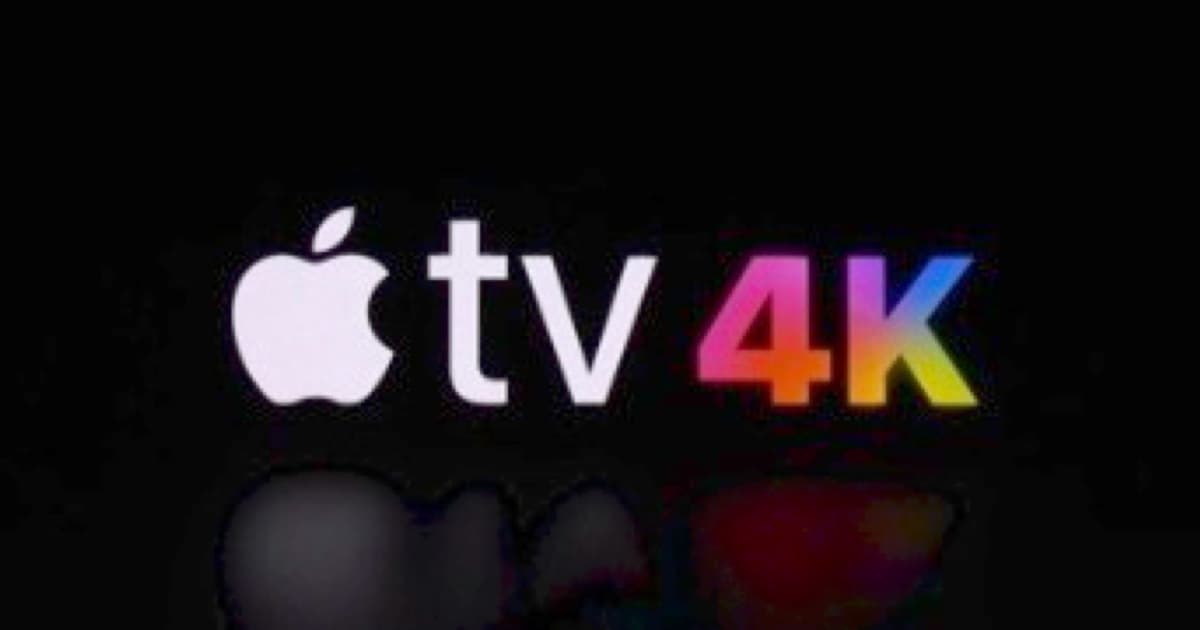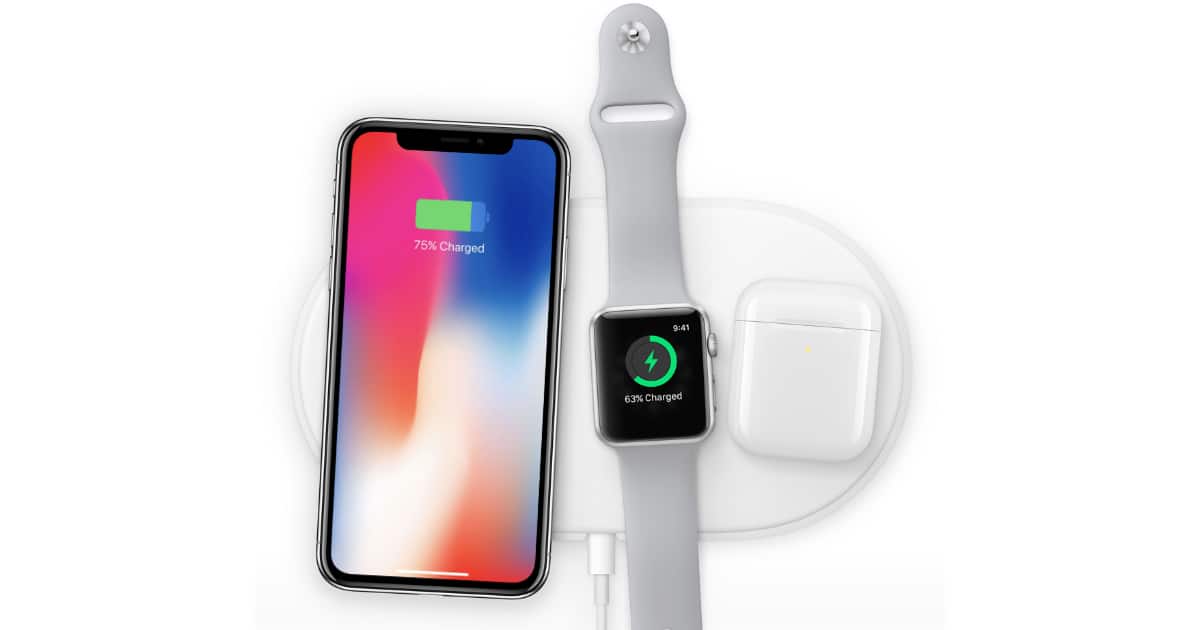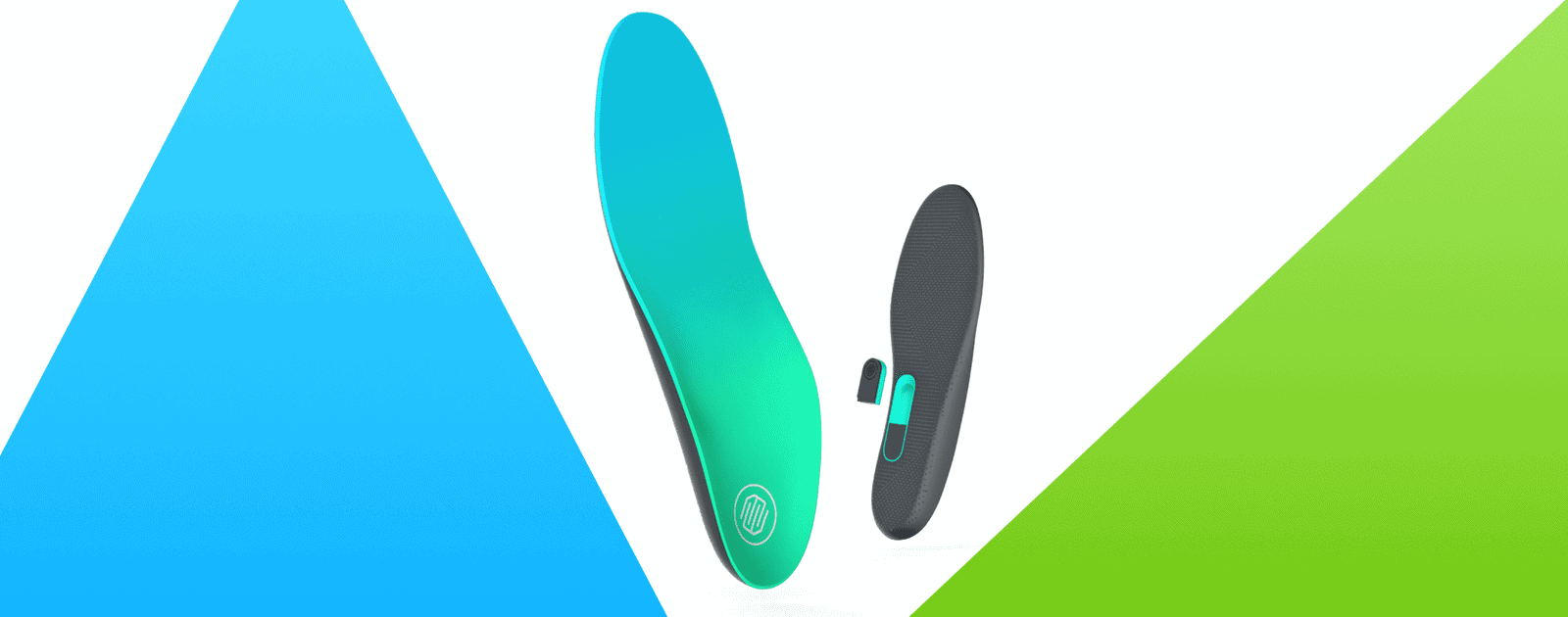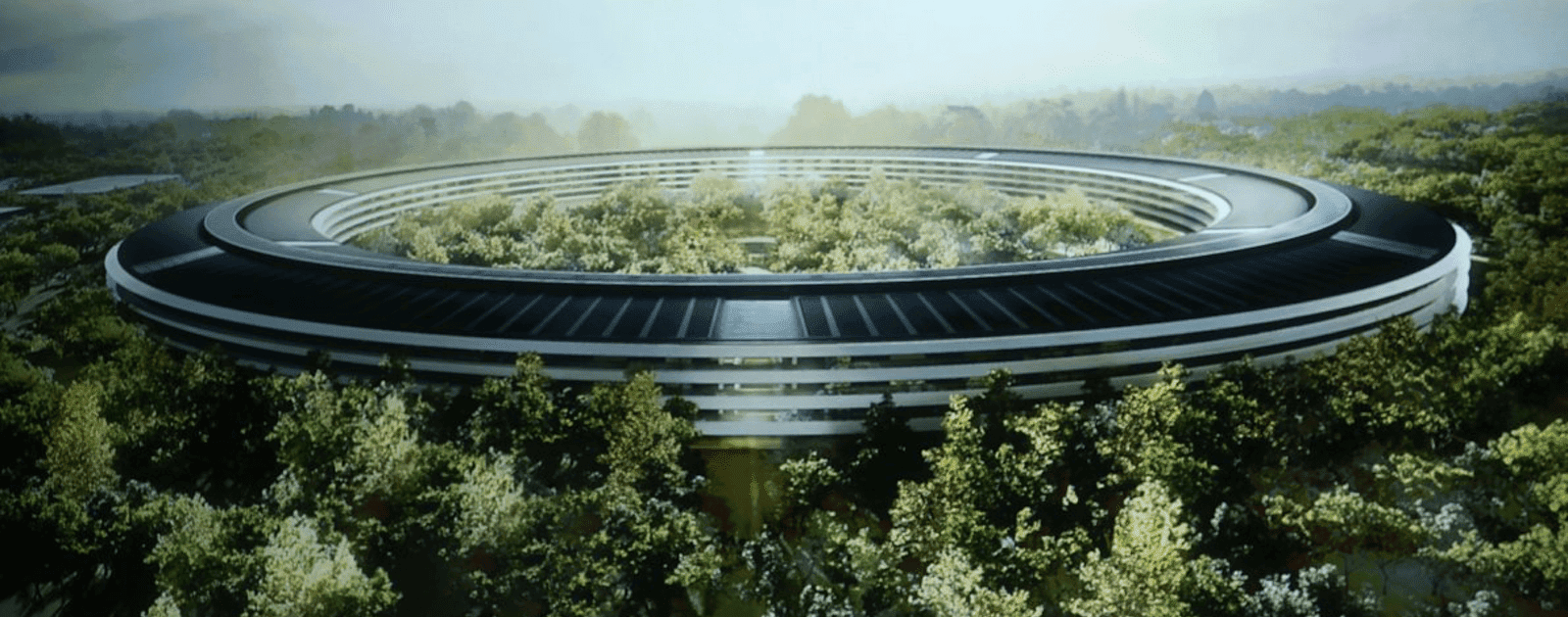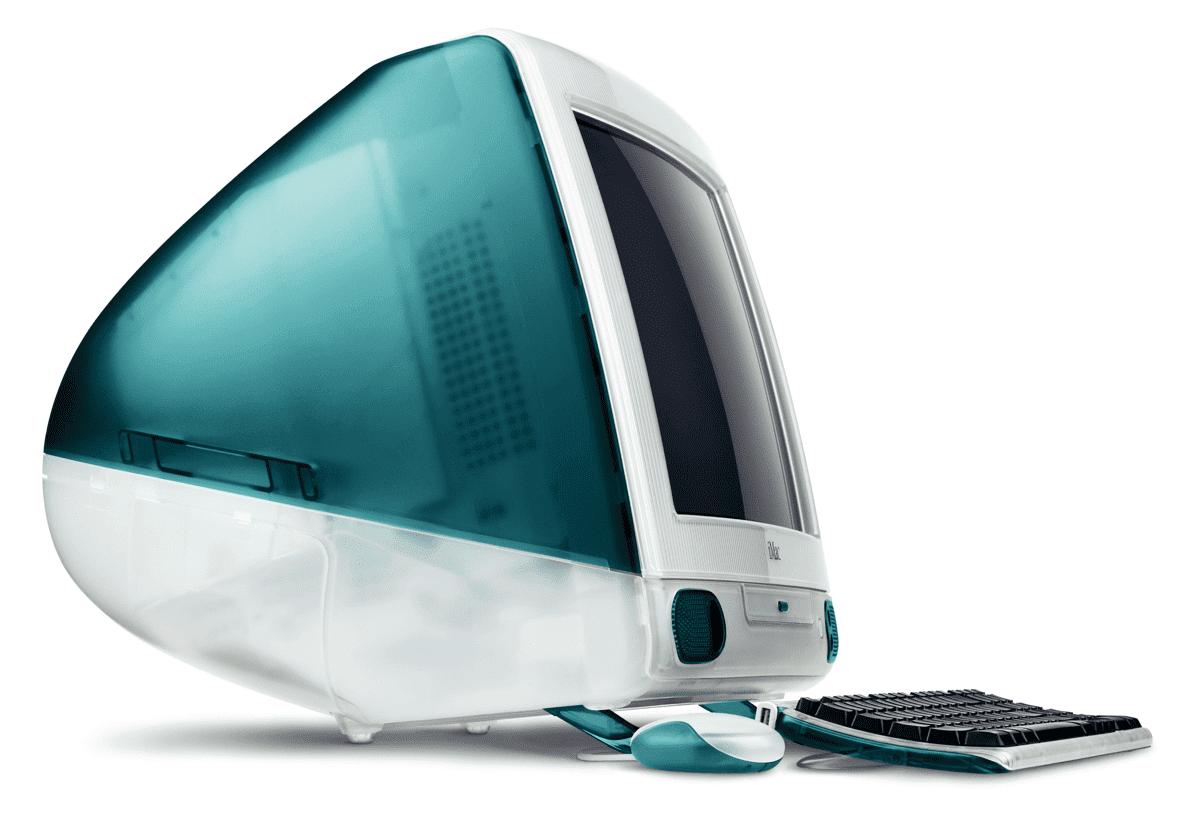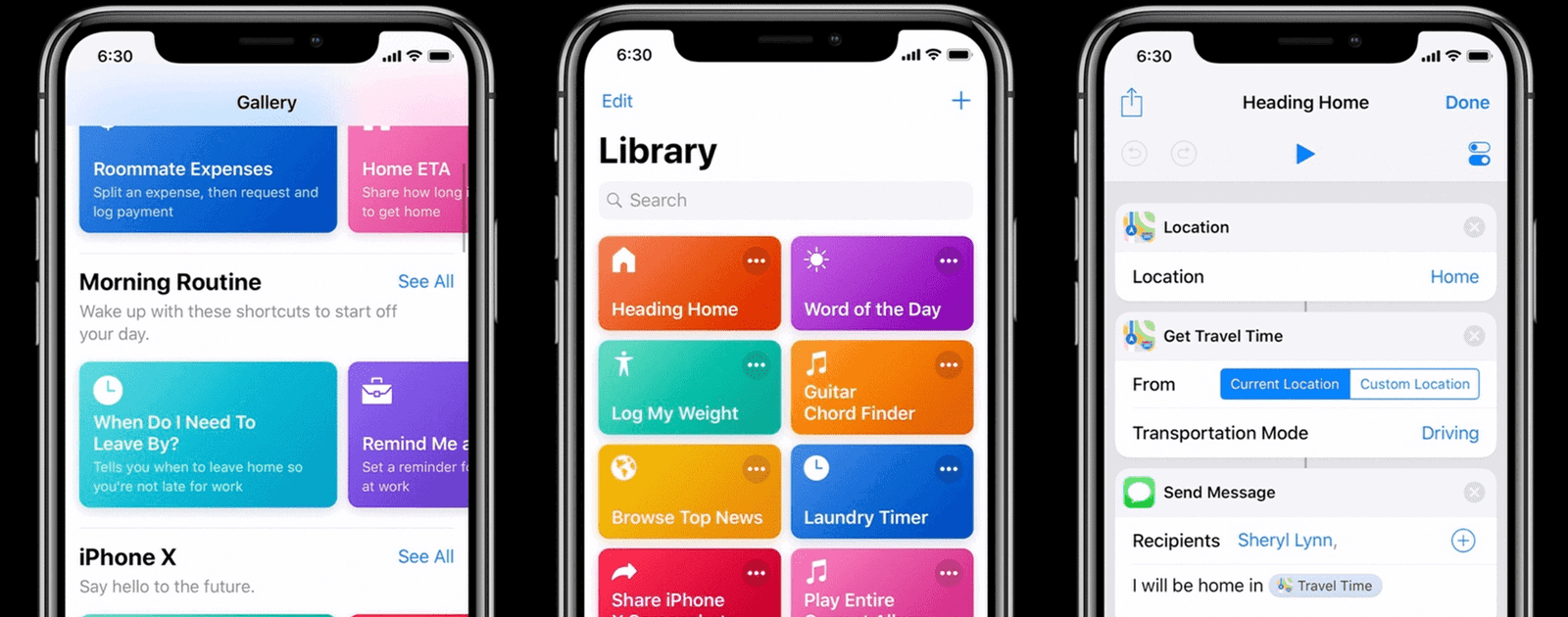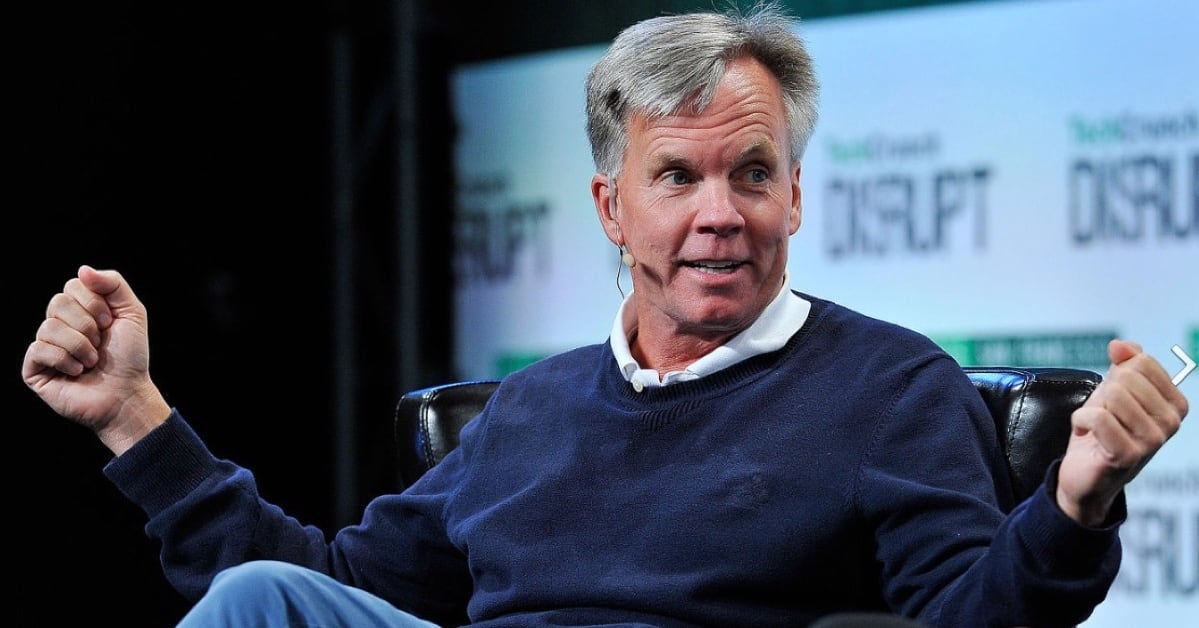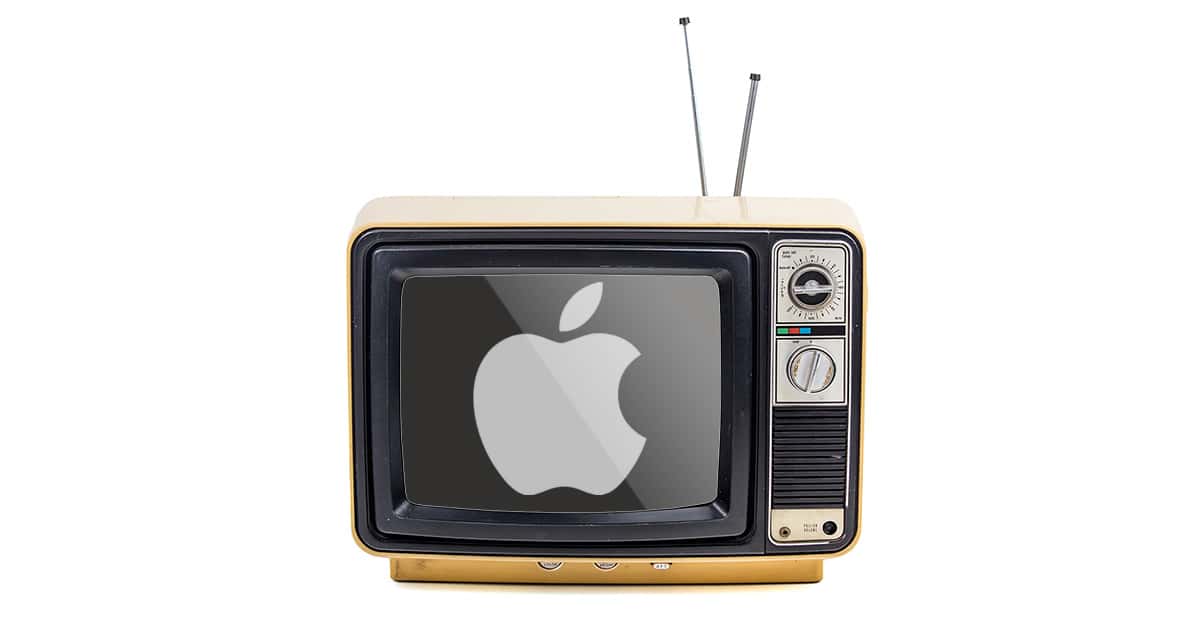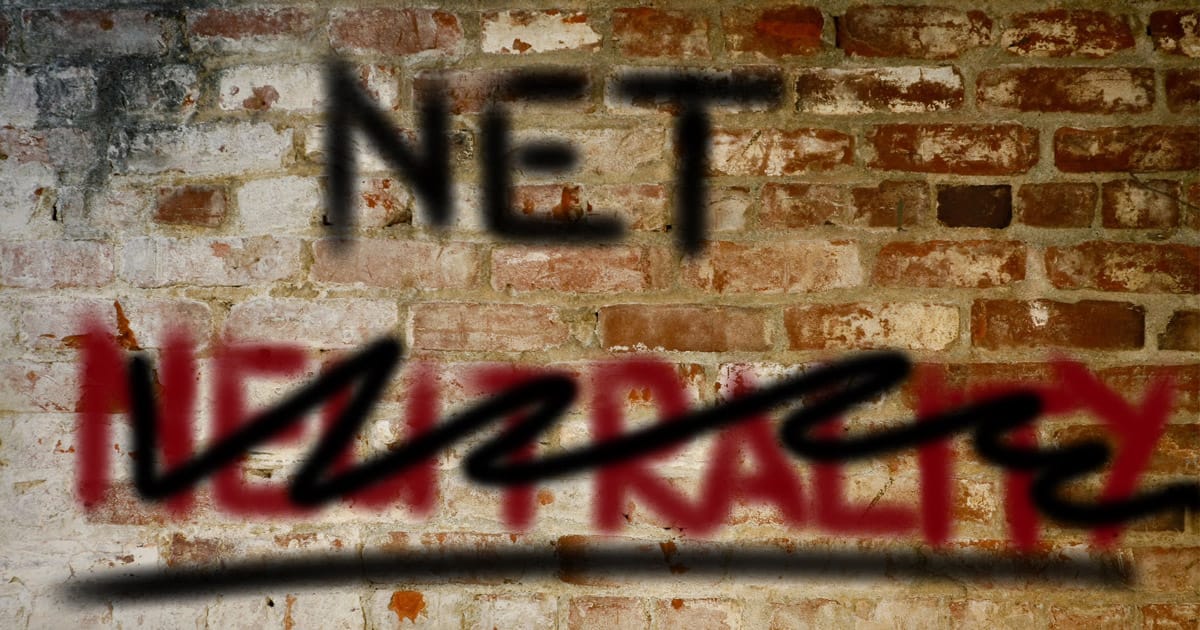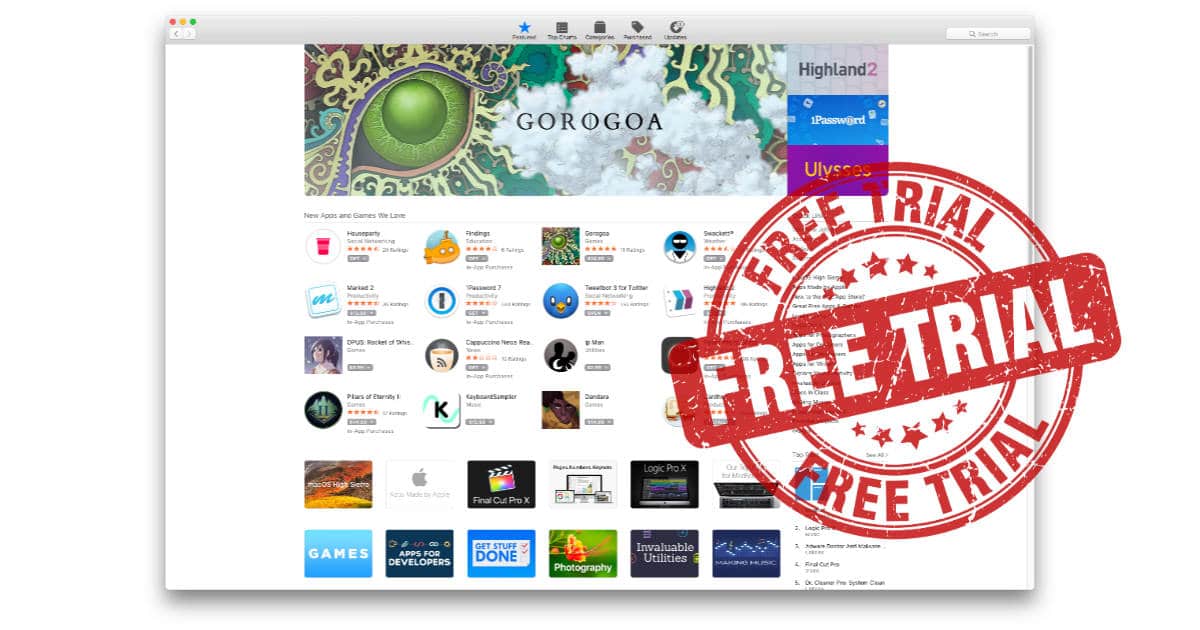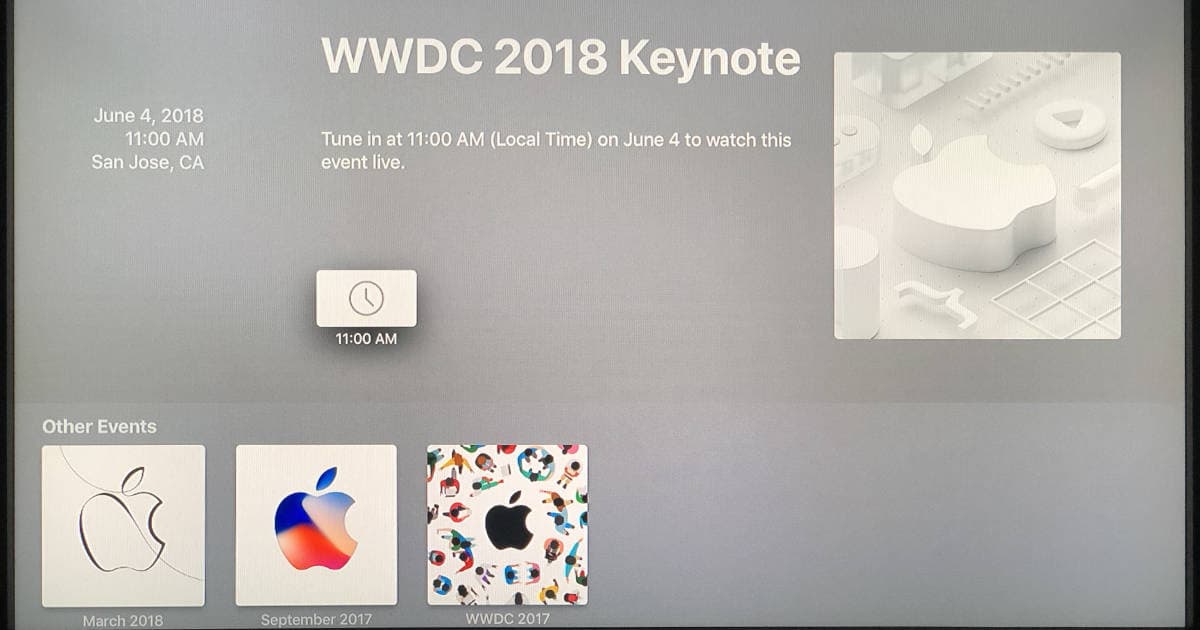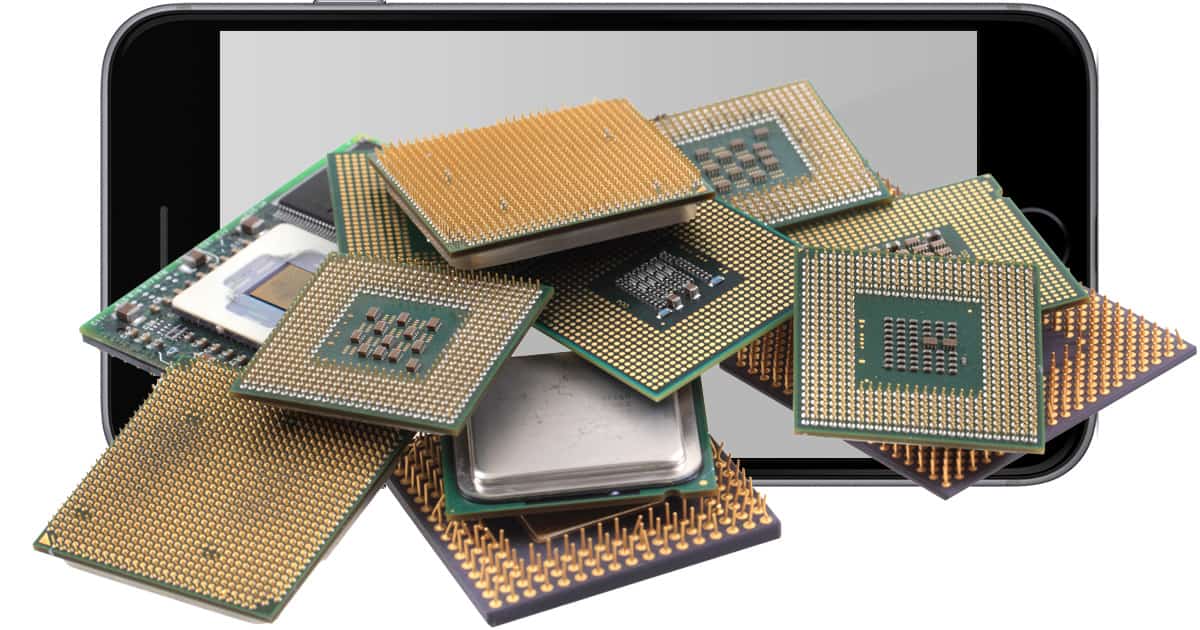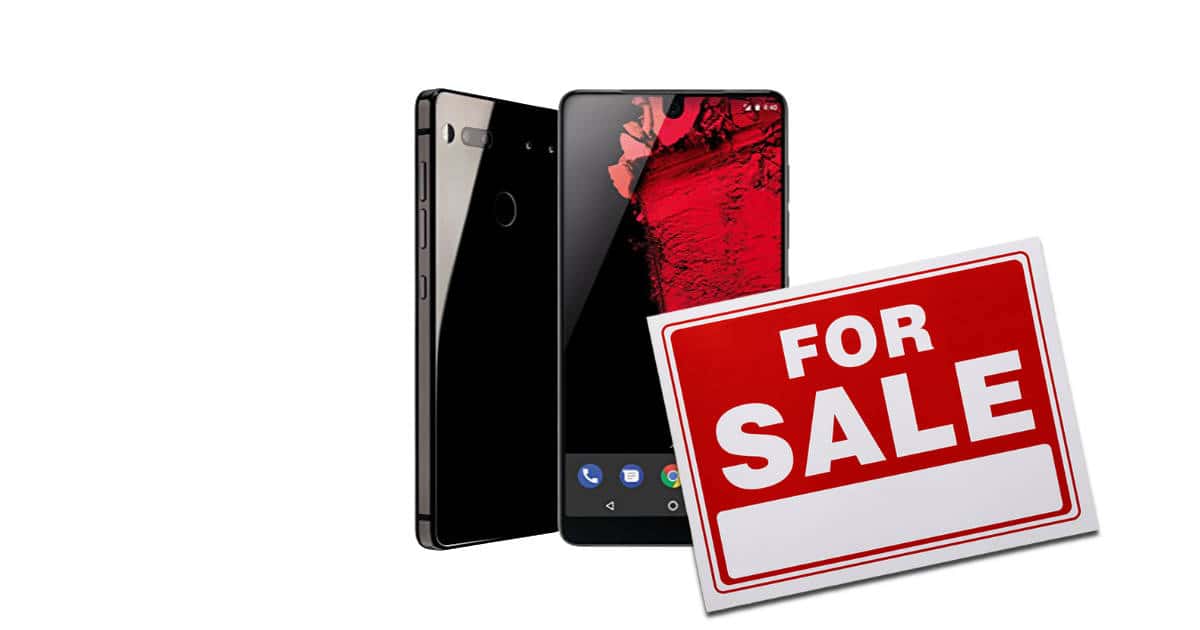We know that Internet TV is booming. And yet the interesting fact is that conventional TV viewing isn’t dropping in proportion. It’s dropping only a little. That means that the sum of the two, in daily viewing hours, is increasing. It also explains why cord-cutting is often pooh-poohed as minor. Something’s keeping those cable TV subscriptions fairly attractive. No data caps? Local news and sports? DVR capability? The chart doesn’t explain; it just shows the data. Very interesting indeed.
TMO Link
Why Did Apple Make Screen Time on iOS 12?
Writing for Quartz, Nir Eyal opines on the reason why Apple made Screen Time on iOS 12, as well as Google’s Digital Health platform. Mr. Eyal studied the psychological techniques that companies use to get people hooked, and he wrote a book too. He says that Apple and Google don’t want you to get addicted, but instead form a healthy relationship with your devices.
As they often do with successful apps built on their platforms, Apple and Google took note of what consumers wanted and decided to incorporate these features as standard…They also went beyond what app makers can do by adding features only the operating system makers can offer, like batch notifications to reduce the frequency of intraday interruptions and the ability to put the phone in “shush” mode by flipping it over.
With few exceptions, when a product harms people, consumers tend to use it less often or find better alternatives. The feature fight between these two tech rivals benefits everyone. The move to help users create healthy habits with their devices is an example of competition making products better.
Apple's AirPower Wireless Charging Pad Not Coming Until September
Apple promised its AirPower wireless charging pad for the iPhone, Apple Watch, and AirPods would ship some time in 2018, and now it’s looking like that’s going to be September—a year after it was unveiled. Bloomberg reports Apple is dealing with technical issues like keeping the device from overheating. A rumor saying AirPower would come in March came and went, Apple is staying quiet about the device’s status. For now, it looks like we still have three more months to wait for AirPower, and the promised wireless charging case for AirPods, too.
These AI Shoes Could Become Your Fitness Coach
Writing for Techcrunch, Callum Booth talks about a device called Runvi. It’s on Kickstarter right now, consisting of two insoles, and it wants to be your AI-powered running coach by analyzing the way you move. These AI shoes are connected by something called the Core, which is a part of the insole you can remove. This acts as the brain, and powers the sensors, as well as logging and storing data before sending it to your phone.
There are other running products out there – the Lumo Run or Arion, which is another insole tracker, for example – but Runvi, on the surface at least, appears to be superior. It has more sensors, is cheaper than Arion, and is more self-contained, as it doesn’t need anything hooking over your shoe.
It’s vital to remember this is just on paper though. While the idea and set-up looks promising, we’ll have to wait until we have the physical copies in our hands, or, you know, in our shoes, before we can see how it works in reality. Until then, I’m quietly hopeful I won’t hurt my knee any more.
Apple's Advanced Technology Group Changed the World
In another good article by FastCoDesign, Jesus Diaz writes how Apple’s research group developed some of the most highly influential tech of the century. For example, a feature coming in macOS Mojave called Stacks automatically categorizes your files on the desktop. But Stacks isn’t a new technology, and evolved out of concepts that ATG worked on.
The ATG was founded in 1986 by Larry Tesler, a computer scientist who had previously worked at Xerox Palo Alto Research Center–aka PARC, the birthplace of the graphic user interface–before moving to Apple. The group’s mission was to create breakthrough technologies that didn’t need to be products.
Though they were introduced onstage at WWDC as “Stacks,” they were once known as “Piles.” It extended the desktop metaphor even further by allowing users to organize their files in stacks of papers, images, or videos, leaving folders for more permanent archival purposes–just like real life.
Apple Could Be Collateral Damage in the U.S. Trade War
President Trump has effectively started a trade war with China—as well as other countries—by imposing tariffs on metal imports from Europe, Canada, and Mexico. These countries are fighting the U.S. trade war, with China focusing on American-made goods like beef, poultry, tobacco, and cars.
Tim Cook worries that Apple could be collateral damage. Last month he visited the White House to warn the president that Apple’s position in China could be threatened by tough measures coming out of the U.S. The New York Times notes:
In a trade and technology showdown between the United States and China, Apple and Mr. Cook have a lot to lose. With 41 stores and hundreds of millions of iPhones sold in the country, there is arguably no American company in China as successful, as high-profile and with as big a target on its back.
Here's What Your City Looked Like up to 750 Million Years Ago
FastCoDesign shared an interesting visual tool that shows what your city looked like up to 750 million years ago. It’s called Ancient Earth. You enter your address, click on the menu to pick the age, then it instantly shows how the land mass looked.
Earth was a completely different planet 240 million years ago. Back then we had Pangea, a mashup of a supercontinent formed by older continental units and surrounded by water. Then, around 175 million years ago, magma pushed this landmass’s tectonic plates in different directions, slowly forming the continents we know today.
Fun fact: Mar-a-Lago has always been a swamp–and L.A. traffic has always been crap. True story, folks.
macOS Mojave: the Complete Reference
Particle Debris page 2 highlights two articles that provide a detailed review of macOS Mojave features. Afterwards, it’ll be clear that Apple has done an amazing job with this new version of macOS. I call it the “wow-factor.”
Thoughts on Dark Mode in macOS Mojave
512Pixels has a good article wherein the author shares thoughts on Dark Mode in macOS Mojave. As always, Apple puts great thought into its designs, and Dark Mode isn’t just a simple color inversion. At WWDC, Apple introduced guidelines for Dark Mode:
- Dark interfaces are cool.
- Dark interfaces are not just inverted.
- Dark Mode is content-focused.
The result is a darkly beautiful operating system that gives a fresh Mac experience.
As we’ve seen, this is far from a mere inversion of the default Appearance. Apple has gone through and fine-tuned the smallest details to make this work.
For example, the window shadows are different between the Light and Dark Appearance. In Dark Mode, they are a little crisper and slightly more opaque, complete with an inner stroke around the edges of windows to help them appear more defined.
George Ergatoudis Leaves Spotify to Run Apple Music UK
George Ergatoudis, Spotify’s Head of Music Culture, International Shows & Editorial/Content for the UK, is leaving the company to join Apple Music. He has a reputation in the UK as one of the most influential music industry trend setters and he’s bringing that experience and clout to head Apple Music in the UK, according to Music Business Worldwide. Spotify’s loss is Apple’s gain, especially since the streaming music service seems to be losing a lot of its top talent. Apple is serious about being at the top of the streaming music service market so bringing Ergatoudis on board is a smart move.
macOS Mojave Has a 64-bit DVD Player App
One of the things we’re doing lately is identifying our 32-bit apps in macOS High Sierra. Apple has said that High Sierra is the last macOS that will run 32-bit apps without compromise. Mojave is the last version of macOS that will run 32-bit apps at all. And so, as we check our systems, (here’s how) planning ahead and identifying our 32-bit apps, the first thing we often notice is a 32-bit DVD player. Oh, no! What will we do? Jonny Evans has the scoop in the link below. By the way, this all refers to watching video content on DVDs with the player. It as nothing to do, so far as I know, with the Finder’s ability to mount and read data DVDs.
Valve Pulls Purchase Option from iPad Steam Link App
Valve’s Steam Link app for the iPad was blocked from Apple’s App Store over a “business conflict,” which most likely meant the option to purchase games directly in the app. Now there’s a new beta out that doesn’t include purchasing. It keeps the core functionality so you can play the Steam games from your computer on your iPad, which is pretty cool. It also means you can use AirPlay with your Apple TV to play games on your television. toucharcade says everyone who has been testing the Steam Link beta loves it, so hopefully this change will get it approved for the App Store.
Aaron Paul, Ron Cephas, More Join Apple's 'Are You Sleeping' Cast
The cast for Apple’s “Are You Sleeping?” TV series starring Octavia Spencer is complete. Variety reports Lizzy Caplan, Aaron Paul, Ron Cephas Jones, Elizabeth Perkins, Mekhi Phifer, Michael Beach, Tracie Thoms, and Haneefah Wood round out the powerhouse the cast. The series is based on the book of the same name and follows a woman dealing with a podcast that’s investigating her father’s murder. Apple’s TV series lineup is looking strong, and “Are You Sleeping?” is one show I can’t wait to see.
Has Apple's New Design Language Killed Fun?
Writing for Quartz, Mike Murphy presents the argument that Apple’s new design language has “killed fun.” He says that the company has become less colorful and more monochromatic:
When founder Steve Jobs returned to Apple in 1997, he infused a sense of color and vibrancy that had been lacking from a company that had become stuck in a rut of selling beige boxes. He introduced the iMac, a spheroid bubble of green and white plastic and glass, a little over a year later. It was like no computer on the market, and it revitalized Apple.
By refining its products to near-impenetrable pieces of glass and metal, and bringing the aesthetic of the entire consumer electronics market along with them, Apple has stamped out much of the fun within its own company, and the greater industry.
iOS 12 Automation: A Deep Dive Into Shortcuts
Federico Viticci wrote another killer piece at MacStories about iOS 12 automation with Shortcuts. It’s an informative article wherein he explains the difference between “Shortcuts the app and Shortcuts the feature.” The app replaces Workflow, but Shortcuts as a feature is a powerful new way to customize Siri. Apple is optimizing Siri in a different way than Google and Microsoft can, and it leverages the power of people, similar to services like IFTTT.
On the surface, Shortcuts the app looks like the full-blown Workflow replacement heavy users of the app have been wishfully imagining for the past year. But there is more going on with Shortcuts than the app alone. Shortcuts the feature, in fact, reveals a fascinating twofold strategy: on one hand, Apple hopes to accelerate third-party Siri integrations by leveraging existing APIs as well as enabling the creation of custom SiriKit Intents; on the other, the company is advancing a new vision of automation through the lens of Siri and proactive assistance from which everyone – not just power users – can reap the benefits.
Sizing Up Ron Johnson's Work, After Apple, at JCPenney
Ken Segall, at The Observatory, takes retrospective look at Ron Johnson’s tenure as CEO of JCPenney. Recall Ron Johnson was Apple’s SVP of Retail Operations at Apple from roughly 2000 to 2011 and is believed to have been a major force in the success of Apple’s retail stores. In 2011, he was enticed to take the CEO position at JCPenney. Author Segall looks at how two CEOs did after Johnson was forced out in 2013. It’s a sparkling, fascinating look, in hindsight, about what Johnson tried to achieve, why he failed and why his successors also failed.
Kelly Costello Joins Apple as Business Affairs Exec for TV and Video
Unlike Apple TV, Apple’s streaming television and movie businesses isn’t a hobby. Apple’s latest hire, Kelly Costello, helps drive that point home. Variety reports she’s serving as business affairs executive reporting directly to Apple’s head of business affairs for worldwide video, Philip Matthys. She previously served as executive vice president of business and legal affairs for Broadway Video, and served stints at Viacom and NBC Universal Television, too. With each new hire Apple is showing it’s playing for keeps in the streaming entertainment market.
A World in Which $158 Billion Netflix May Be Too Small to Get Access to You
A court granted AT&T the right to acquire Time Warner, which makes sense because the Trump Administration’s blocking of that deal was political, rather than a true issue of antitrust. But when combined with the death of Net Neutrality, which ended Monday, Danny Crichton at TechCrunch had a sobering observation. In a piece arguing the merits of Alphabet and Netflix becoming ISPs (I’d throw Apple on that list), he noted that the world of video is effectively closed to startups. It’s a good read, and here’s a snippet:
One sad note though is how much the world of video is increasingly closed to startups. When companies like Netflix, which today closed with a market cap of almost $158 billion, can’t necessarily get enough negotiating power to ensure that consumers have direct access to them, no startup can ever hope to compete. America may believe in its entrepreneurs, but its competition laws have done nothing to keep the terrain open for them. Those implications are just beginning.
The Problem with Apple's New App Store Free Trials
iPhone, iPad, and Mac app developers asked Apple for a free trial option on the App Store for years, and they finally got what they asked for—sort of. Now Apple says developers can offer in-app free trials for all paid apps and not just subscriptions. Mars Edit developer Daniel Jalkut says that’s not as great as it sounds because the onus for managing the purchase on app makers, and it’s confusing for users and potential customers. Jalkut explains there are plenty of other problems with Apple’s approach, too. His full blog post is worth reading.
Watch TMO’s Coverage of WWDC 2018 Keynote Live Stream
Visit our liveblog.macobserver.com page for up-to-the minute updates and commentary from the TMO team. Big thanks to our WWDC2018 Coverage Sponsors: Jamf Now, Smile, iMazing, eero, and Carbon Copy Cloner!
TMO Poll: Which Rumored WWDC 2018 Announcements are Most Likely to Happen?
Apple’s Worldwide Developer Conference keynote is Monday, June 4th, so we’re asking you which rumored announcements are most likely to happen. Take our Twitter poll and let us know what you think!
Which of these rumored WWDC 2018 announcements do you find most likely to happen?
— The Mac Observer (@MacObserver) June 1, 2018
Apple's Intel Engineer Hiring Spree
Apple has been busy hiring away engineers from Intel and other tech companies in Oregon for its own hardware engineering lab in the state. More than 20 people have been hired so far, and The Oregonian says job listings indicate Apple has been on its hiring spree since last November. Apple isn’t saying what it doing at the lab. It could be new Macs with custom ARM processors, new iPhones or iPads, or some other device that hasn’t been announced yet. According to job listings, Apple needs engineers experienced in ensuring finished products meet original design specifications. That’s not much to go on and doesn’t rule out new product categories, or updates to current products. So all we really know for sure is if you’re a chip engineer you should get your resumé in to Apple.
Oh Yeah, Sure. Time Crystals. Duh.
A funny thing happened on the way to the quantum computer: someone looked at the qubit. No, seriously. They looked at the qubit, and the data that had been stored there changed (and was thus lost) because [quantum computing]. TheNextWeb has a super cool piece on “time crystals,” a real thing that might be what quantum computing needs to be more reliable and not stored near absolute zero. If you’re interested in quantum computing, definitely check out this article. Here’s a snippet:
One of the strangest things about qubits is they act differently when observed. Without a certain amount of coherency, any data transmitted, created, or stored in a quantum system could simply vanish the moment we try to look at it. According to the research, the solution might be the generation of time crystals in quantum bits, so that they’ll “want” to be coherent.
Andy Rubin's Essential Smartphone Tanks, Company May be for Sale
Andy Rubin, the father of Google’s Android OS, is reportedly looking for a buyer for his Essential smartphone company. Essential 2 phone development has been cancelled, and sales of the original model haven’t topped 150,000 units. The idea of a pure Android smartphone with expandability through accessories was appealing in concept, but not in practice considering Essential’s price dropped from US$699 to $200 before and sales still didn’t take off. Now sources are telling Bloomberg Credit Suisse Group AG is helping shop the company around. Essential is a perfect example of how difficult it is to make a hit in the smartphone market, even if you’re the guy that led Google’s Android team.
